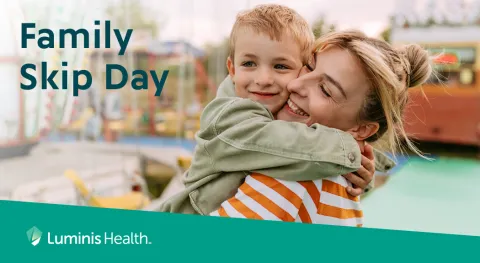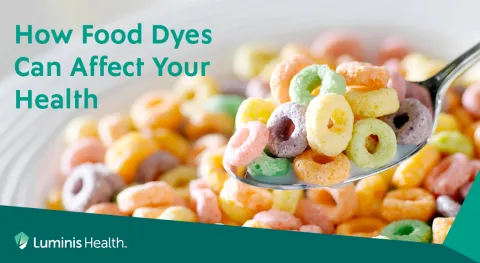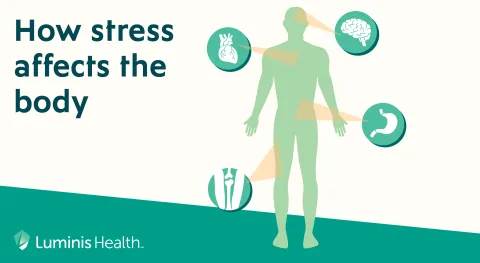by Luminis Health

The Power of Parents in Preventing Substance Abuse – Anne Arundel Medical Center
The heroin epidemic in Maryland continues to make headlines, with both Maryland Governor Larry Hogan and Anne Arundel County officials having declared it a “public health emergency.”
But as any parent would tell you, it’s not just heroin they worry about but a whole host of temptations that seem to be impacting kids at even younger ages.
Parents are still the primary influence on their teens. According to research done by the Substance Abuse and Mental Health Services Administration, approximately 93 percent of teens reported their parents would be disappointed if they used alcohol, cigarettes or other drugs.
Education is definitely one of the biggest keys in the fight against adolescent drug use. The earlier we can teach them about the importance of decision making and what drugs and other substances can do to their body, the better chance we have of them not wanting to try them.
Information changes every day. It will be hard to combat something you know very little about. Educate yourself and make sure that you are really listening to your child and talking to them without bias and judgement. Our children are informed of many things and it is our job to make sure that the information they get is valid.
The Academy of Pediatrics calls it Purposeful Parenting. The National Institute on Drug Abuse cites the importance of family bonding saying it is the bedrock of the relationship between parents and children.
Some tips to keep in mind:
- Be a parent to your child, not a friend.
- Educate yourself about what’s happening in your child’s school, in the community and about resources available to help.
- Be a positive role model and promote positive behaviors.
- Communicate effectively.
Good communication helps reassure family members that they care about each other and appreciate each other’s efforts. Good everyday communication can also make it easier to bring up issues, make requests when needed and resolve conflict when it arises.
Every family needs ongoing communication about shared interests and concerns, such as running the household, recreational activities and solving problems, to name just a few. Family members also need to be able to express feelings to each other and talk about motions such as happiness, anger, sadness, concern and anxiety.
The Hazelden Betty Ford Foundation offers these tips on things to remember for effective communication with your child:
Expressing Positive Feelings
We all feel good when our efforts are acknowledged. Try deliberately expressing positive feelings using these steps:
- Look at the person.
- Tell the person what he or she did that pleased you.
- Tell him or her how it made you feel.
Expressing Negative Feelings
To air negative feelings in a way that will help resolve them, try these steps:
- Look at the person and talk with a serious tone of voice.
- Tell the person what he or she did that displeased you.
- Tell him or her how you feel as a result and be specific.
- Make a request for change, if possible.
Express Feelings Clearly with “I” Statements
Describe your own feelings and avoid putting others on the defensive.
For example, instead of saying “you really ticked me off when you were late for dinner last night,” try saying “I was angry when you came home late for dinner last night. I’d appreciate it if you’d be on time or call if you’re going to be late.”
You will be surprised how comfortable a child is about talking about drugs, especially if it is something that is so prominent in their environment. A parent’s knowledge of drugs, positive influence and productive conversations with children can carry their child a long way in having a healthy and productive drug-free life.
 Keshia Brooks, BSPH, MBA, is supervisor of Prevention Education and Family Wellness at Pathways, Anne Arundel Medical Center’s substance abuse and mental health treatment facility. You can reach her office at 410-573-5422.
Keshia Brooks, BSPH, MBA, is supervisor of Prevention Education and Family Wellness at Pathways, Anne Arundel Medical Center’s substance abuse and mental health treatment facility. You can reach her office at 410-573-5422.
Originally published Jan. 15, 2016. Last updated Feb. 11, 2020.



